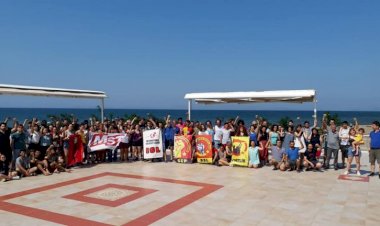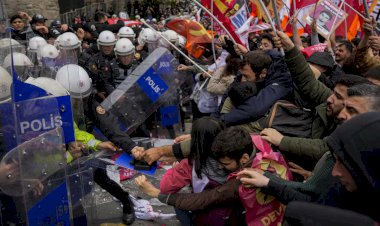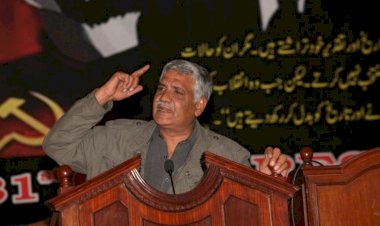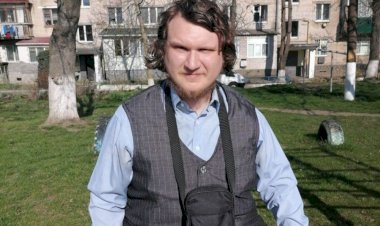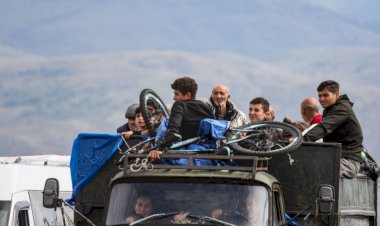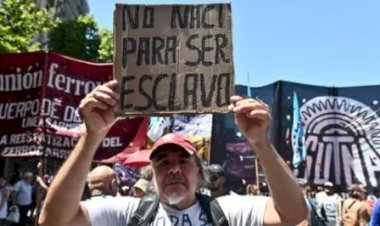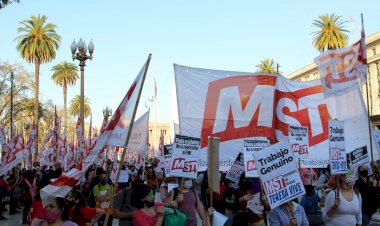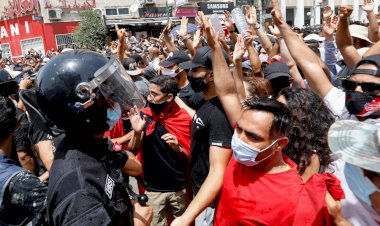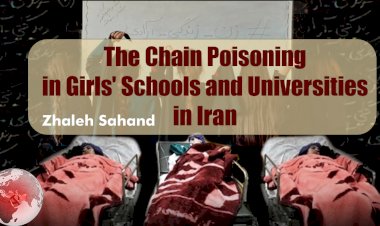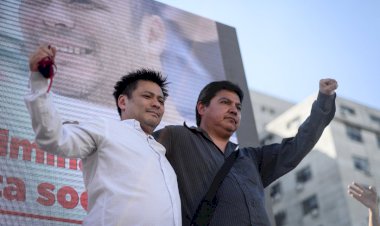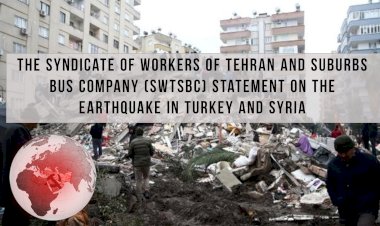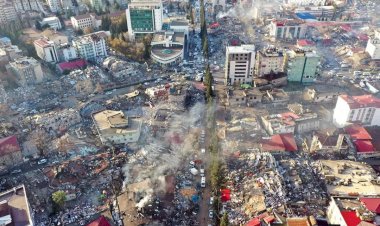An Earthquake Catastrophe on top of War: The Deep Solitude of the Syrian Peoples
Barış Babaoğlu
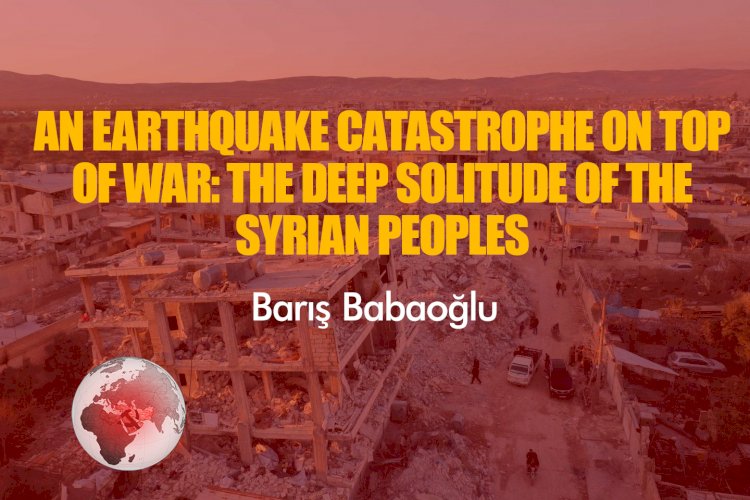
While the Maraş originated earthquake caused great destruction in Turkey, a silent tragedy continues to happen right next to us. The earthquake further worsened the suffering of the peoples of Syria, devastated by the civil war and imperialist interventions that have been going on for more than ten years.
The situation is deplorable, especially in northern Syria, which was heavily affected by the earthquake. Nearly 9 million people were affected by the earthquake in Syria. While it was stated by the UN that approximately 7,000 people lost their lives in Northwest Syria, which was most affected by the earthquake, thousands of people under the rubble still could not be reached. The destruction of many hospitals in the earthquake-affected region during the war also limits the public's access to health care facilities.
As 30-40% of the drinking water resources in the country become unusable; in the statement made by the Red Cross, it is stated that 85,000 people have already been affected by the cholera epidemic.
However, the civil war and the international embargo against Syria pose a serious obstacle to the delivery of urgent needs to the Syrian peoples. Western countries have been pursuing a brutal embargo policy for years to bring down the Assad regime. The price for this is paid by the poor people more than the Assad regime.
With the earthquake, embargo policies are being questioned more in public. Reliefs to the region was sent only through Bab el-Hawa border gate via Turkey until now. However, the effectiveness of the aid delivered from a single point is a matter of debate. Before the earthquake, there was a disagreement between the imperialist powers on how to deliver humanitarian aid to Syria. In line with the decision taken earlier in the UN Security Council, Russia approved the delivery of aid from a single point on the Turkey-Syria border, while UN Under-Secretary-General for Humanitarian Affairs and Emergency Relief Coordinator Martin Griffiths states that more crossing points should be created for aid.
However, beyond that, the real problem begins on Syrian land. This time, the actors who constitute the parties of the civil war blame each other on the reliefs not getting across the front line. For example, Hay’at Tahrir al Sham (HTS) announced that it would not allow Assad reliefs to be sent to the region under their control, on the grounds that the regime would use it to legitimize itself. It is among the allegations that HTS and the Syrian National Army seized the international aid that reached the earthquake zone in Syria and put them up for sale by hiding them in warehouses. In another news in Gazete Duvar, it is stated that the members of the Syrian National Army under the control of Turkey seized the tents of 60 families in the town of Kafra, near Azaz, and that the members of the organization and their families were settled there.
Irit Lillian, Turkey's Ambassador to Israel, said: "The fact that the earthquake zone was close to the Syrian border was a problem for us, we ignored it when it came to saving lives." Her statement is also an admission of how the Syrian people have been left alone. Furthermore, even after the earthquake disaster, the Zionist regime did not stop its air strikes targeting Damascus.
In short, the fate of the Turkish workers, who share the same geography and are the victims of the wreckage created by this system, is tightly interlocked with the Syrian workers. Peoples who turn up their noses at the pain of their neighbors cannot be free. We must build the Socialist Middle East Federation with all our might in order to get rid of made-up borders, end the imperialist wars of bourgeois interest and have a future where we can live with human dignity.



